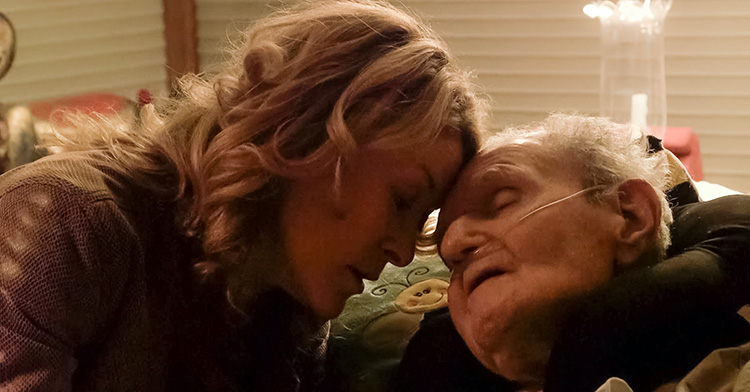
By Donald H. Harrison

SAN DIEGO – Eli Timoner once had been at the top of the world. He had netted millions from the sale of Laura Lee Candies, in which he had a controlling interest, as well as profits from Giffen Industries which he had served as chairman and president. In the 1970s he created Air Florida, a low-cost airline with flights between big cities in the Sunshine State as well as from Miami to such venues as New York City and London. However, in January 1982, Air Florida Flight 90 crashed into the 14th Street Bridge in Washington D.C., killing 78 people. A few weeks later, Timoner suffered a stroke that left him paralyzed on his left side.
The heartbreaking loss of lives in the airplane crash and Timoner’s ouster as CEO resulted in Air Florida going into bankruptcy. A stroke followed by a neck-cracking massage reduced Timoner’s earning capacity. He held on for nearly 40 years, but when congestive heart failure made him even more dependent on others, he decided that as a California resident he would take advantage of the Golden State’s “Right to Die” Law.
Last Flight Home, now streaming on Paramount+, is an intimate documentary by Timoner’s filmmaker daughter, Ondi Timoner, chronicling the 15 days between the time her father signed the documents saying he wished to end his life and the medication-taking on March 3, 2021, that fulfilled that desire at age 92. With sufficient flashbacks to help viewers understand the downward trajectory of his career, the documentary recorded the bedridden Timoner bidding extended goodbyes not only to his wife Elissa, children Ondi, Rachel, and David, and his grandchildren, but also by video chat to friends, relatives, and former employees.
Along the way, Ondi enabled us to understand the legal requirements of a life-ending decision, while daughter Rabbi Rachel Timoner, spiritual leader at Reform Congregation Beth Elohim in Brooklyn, provided religious counseling during the process. Camera work also helped viewers understand what home hospice care looks like, with Timoner’s hospital bed placed in the living room, dining room.
Timoner, who remained lucid, although weak, during the whole process, participated in the writing of his obituary; told some bawdy jokes; enjoyed eating some ice cream during the 15-day waiting period; and heard Rachel explain the sequence of events that would occur at his funeral.
Throughout, he expressed the determination to end his earthly pain and the belief that he would go to heaven and provide “some kind of protective shield” around the lives of those he loved.
As the final day neared, he spoke of the guilt he felt: “It was a good life that I planned to leave for my children but I never succeeded,” he said. He felt “ashamed of the debt that I left … I pissed away $40 million; I really fucked up.”
Rabbi Rachel explained to her family that expressing that shame helped her father in “shedding all that baggage” and to see that his life, measured by the love he gave and received, had been invaluable.
One grandson asked him for advice on how to live, and he responded: “Respect for the people you don’t know, and love for the people you do know.” A granddaughter hesitatingly approached his bedside, and in one of the most poignant moments, she said, through sobs: “I love you so much. I feel sad, I’m not good at expressing myself, and I want you to know how much I love you.”
His wife, Elissa, not too well herself, lay on a couch in the same room as her husband, keeping a wary, fearful eye on the entire proceedings. Towards the end, she leaned over his bed and told him: “You are a hero, honey. You have been an incredible husband and father. I love you baby, forever.”
At one point she sang a portion of a refrain from “I’ll be Seeing You,” a 1938 song composed by Sammy Fain with lyrics by Irving Kahal. The echoes of that music carried the intense documentary to its conclusion:
I’ll find you in the morning sun
And when the night is new
I’ll be looking at the moon
But I’ll be seeing you.
*
Donald H. Harrison is editor of San Diego Jewish World. He may be contacted via donald.harrison@sdjewishworld.com